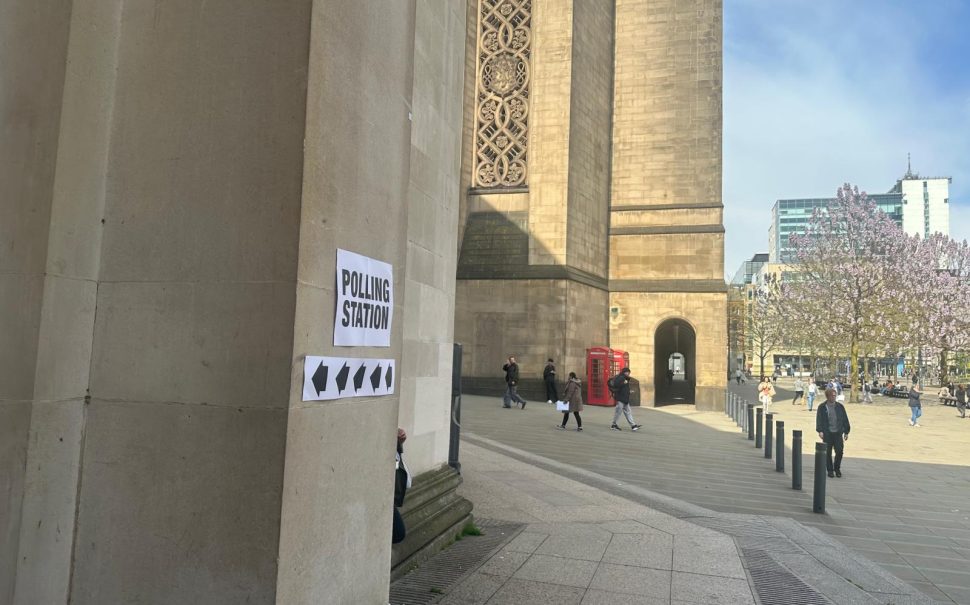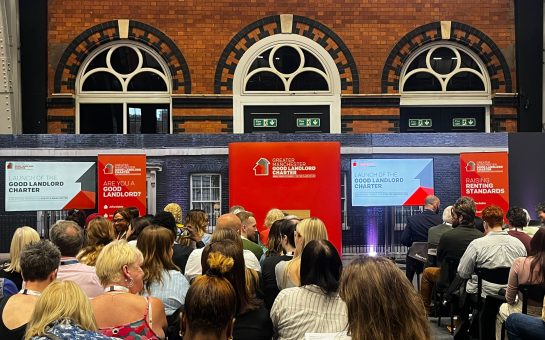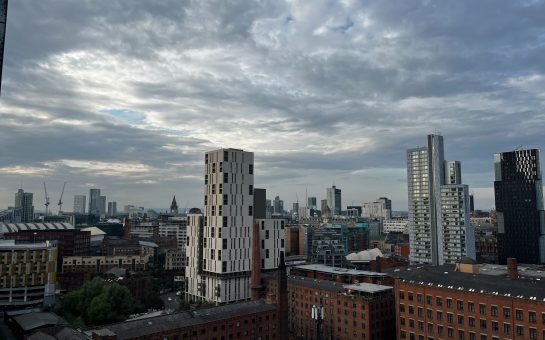Local elections taking place across the country on Thursday will see votes cast for 2,660 seats in 107 councils, alongside 10 metro mayors and an MP in Blackpool South.
While campaigns are running on local issues specific to each area, they also have much wider political significance.
Not just a way of predicting how people will vote nationally in the general election, which will take place either later this year or January 2025 at the latest, these elections also present a huge personal challenge for Rishi Sunak.
The last elections
Normally held every four years, the last local elections in these seats were delayed until 2021 by the pandemic, and were a resounding Conservative success thanks to the gradual return to normal and the vaccine rollout. The party gained 200 seats and won the Hartlepool byelection, a key ‘red wall’ constituency.
However, in the years since the Tories have lost multiple seats amid a grim national mood, particularly in 2023 and 2024 so far.
That performance is expected to be reflected on Thursday – Sky News’ analysis suggests they could lose 500 seats, half of what they’re contesting.
What’s the significance?
These elections are considered pivotal as they are expected to be a weathervane for the first general election since 2019. Polling in recent months has been consistently unfavourable towards Sunak and the Conservatives, with issues such as the state of the NHS likely to influence voters.
The local elections will also be an indicator of which demographics are likely to vote for each party at the parliamentary level. One of the shocks in 2019 was that much of the so-called ‘red wall’ defected to the Conservatives. If the party can hold on to its Tees Valley and West Midlands mayoralties, it will see that as a marker that they continue to hold some sway in former Labour heartlands.
Thursday’s voting will also be critical in determining the Conservatives’ direction. With Sunak currently refusing to confirm a date for the general election, local results may spur him to act in the face of the threat of rebellions by his MPs.
On a more local level, the results will indicate whether constituents blame their council, and whichever party controls it, for local issues, or Westminster for pursuing policies which have hurt them, such as funding cutbacks.
What about for the other parties?
These elections are equally significant for Labour, who stand to gain potentially hundreds of seats.
However, they may also be seen as a referendum on the party’s stance on the Israel-Gaza war, which has proved extremely controversial among voters and even Labour councillors. At least 70 have resigned to sit as independents in protest, and the Rochdale byelection in February was won by George Galloway, who campaigned on an explicitly pro-Palestine mandate. His Workers Party of Britain is standing in several other areas, including more around Greater Manchester, and could cause a headache for Sir Keir Starmer.
We could also see gains for the Liberal Democrats, who in recent years have performed well in traditionally Conservative, ‘blue wall’ areas. The Greens have similar cause for optimism to build on their first-ever majority, won in Mid Suffolk last year, particularly in Bristol, where they are the largest party.
Nigel Farage’s Reform UK has enjoyed success in recent polls – although has yet to translate that into electoral success – and is a another threat to the Conservative party, but from the right rather than the left.
Broadly, the elections are expected to spell disaster for the Conservatives – and regardless of specific results, they’ll be a crucial bellwether for public opinion ahead of a pivotal general election.
Main image credit: Abi Curran.




